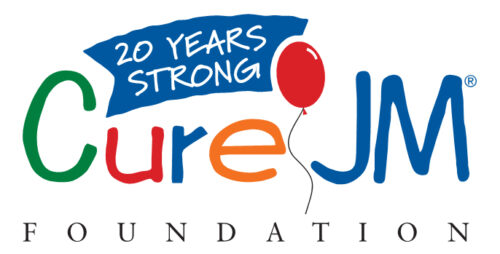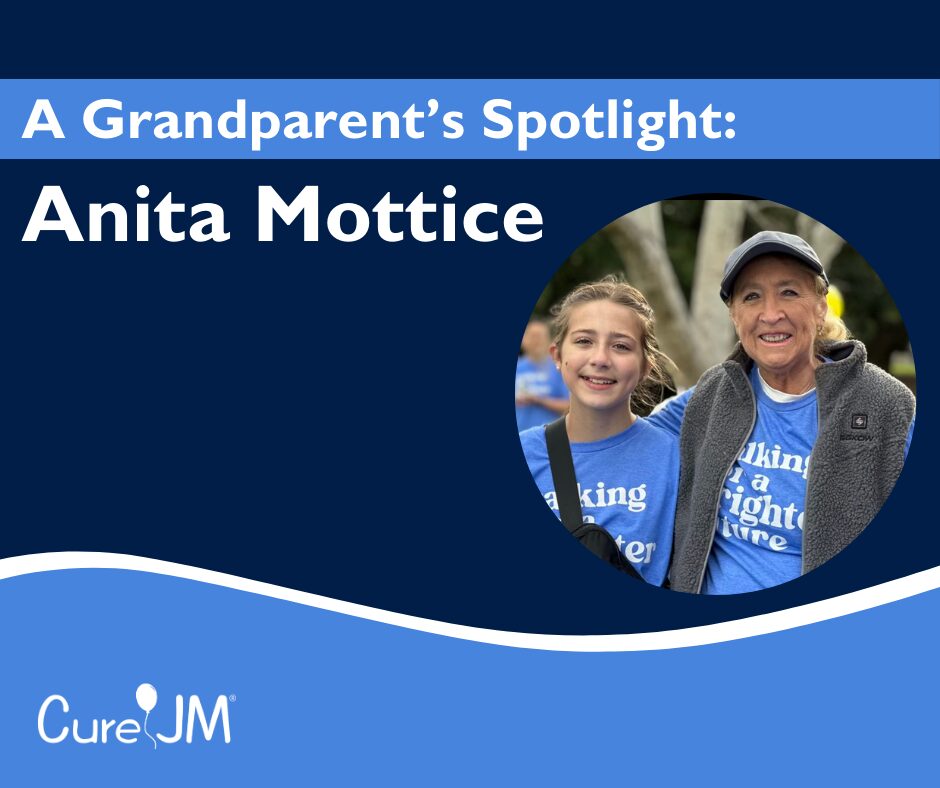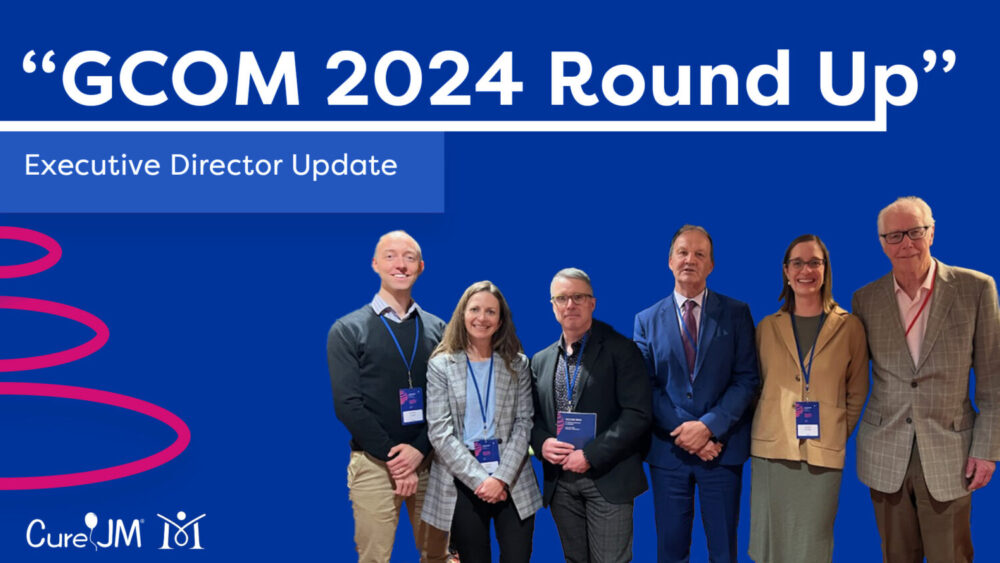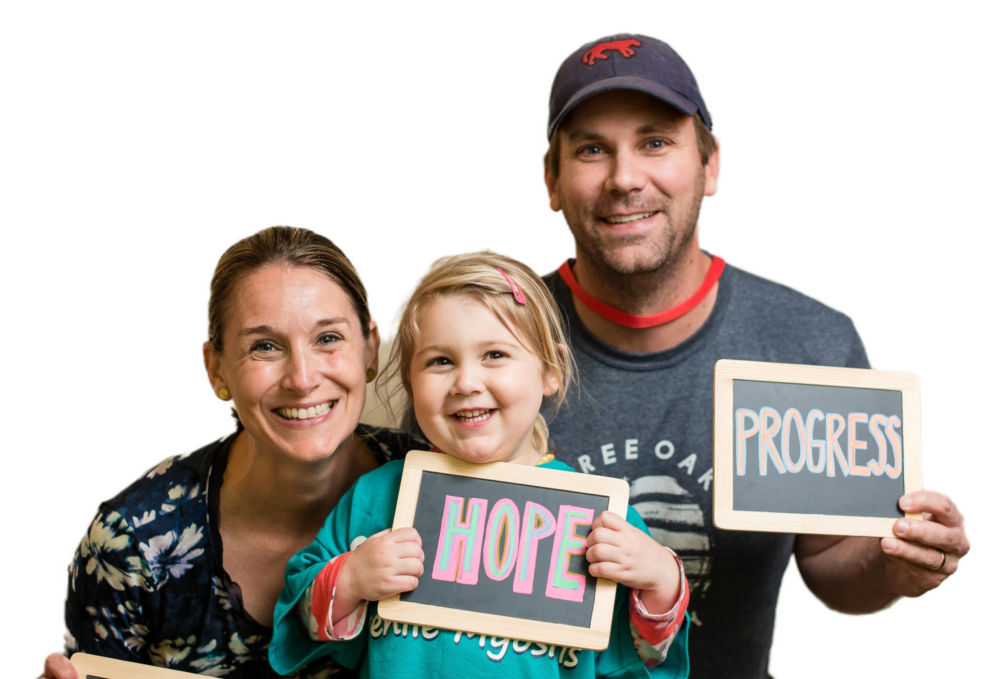Learning that your child has Juvenile Myositis may feel overwhelming. Second opinions can confirm a diagnosis, help you understand different treatment options, and review your child’s current treatment plan to ensure it’s the right one for your family.
Featuring:
Dr. Rider is a Pediatric Rheumatologist and Head of the Environmental Autoimmunity Group, National Institute of Environmental Health Science, National Institutes of Health, in Bethesda, Maryland. Dr. Rider is also an esteemed Cure JM Medical Advisory Board member. Since 2008, Dr. Rider has also been a Clinical Professor of Medicine at George Washington University. She sees patients and leads research on juvenile myositis in the Cure JM Center for Excellence and at the National Institute of Health as part of her research studies.
Dr. Dvergsten is a pediatric rheumatologist and physician-scientist who has built his clinical and research career around juvenile myositis. He co-founded Duke’s Myositis Clinic, a designated Cure JM Center of Excellence. He also created and manages a repository for research biospecimens from children with inflammatory myopathies.




